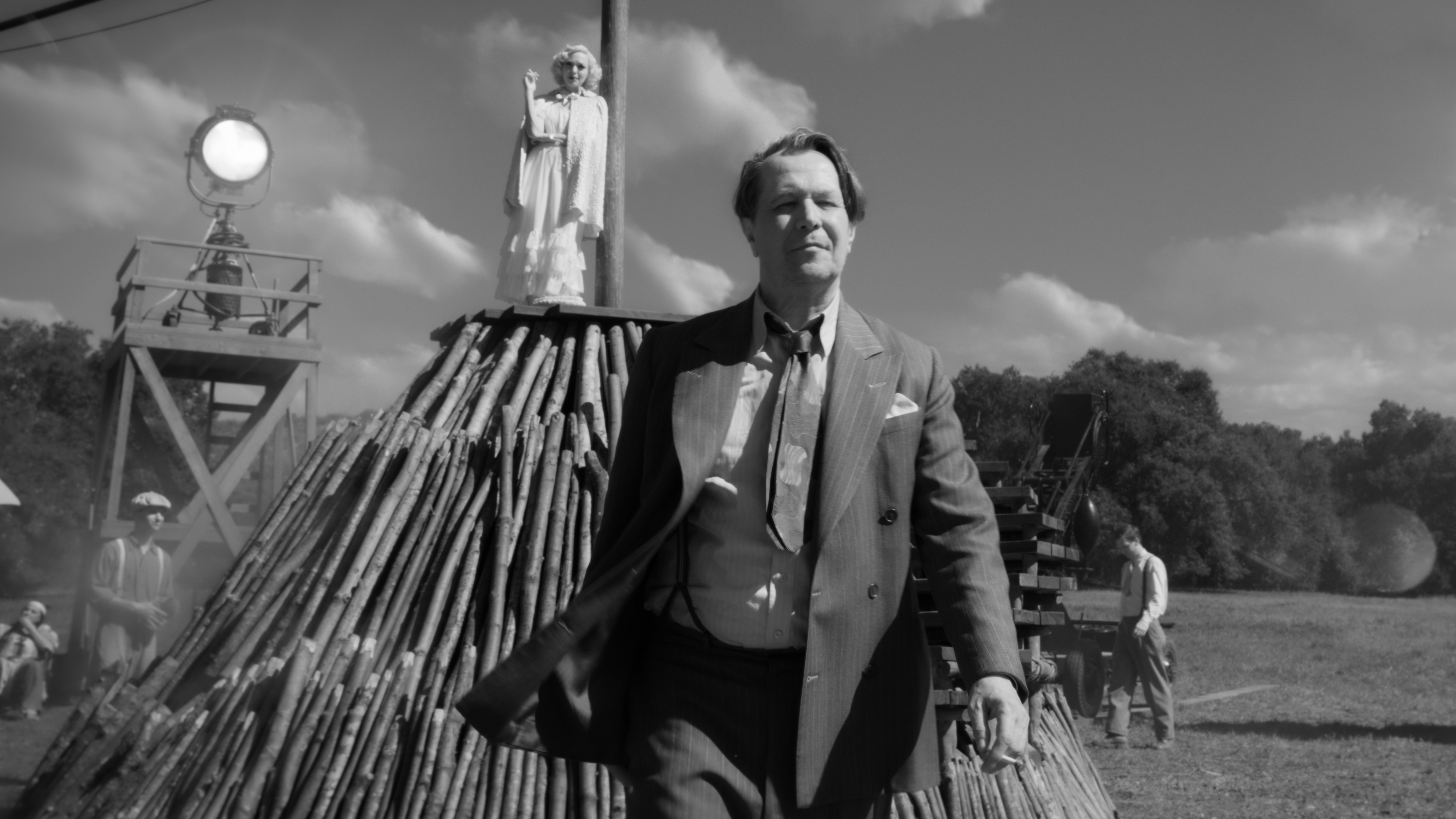
‘Fire and Fury: Inside the Trump White House’ book review
By Greg Waldock, Staff Writer
The line between journalism and tabloid journalism is quality, content, and intent. Given that, it can be hard to argue that Michael Wolff’s provocative tell-all Fire and Fury: Inside the Trump White House is anything but pure tabloid journalism at its most egregious—if it weren’t for the horrifying accuracy behind everything he writes.
The story Wolff tells feels like a cross between House of Cards and The Producers, a terrifying combination of professional schemers and a comedy of errors that led to the most internationally-embarrassing individual ever to sit in the Oval Office. It’s a story only Wolff was in the position to write, but it should have been shared by a more talented teller.
At its best, Fire and Fury is an extraordinary work of modern journalism. Wolff pulls on his 18 months’ experience as something truly unique in the White House: A fly-on-the-wall that actually went unnoticed. He was able to conduct informal interviews with some of the most famous (and infamous) people in the political world, as shown in the astoundingly personal level of detail he displays with all his subjects, President Trump most of all. Wolff’s knowledge of the situation in Washington is borne of both lived experience and meticulous research, and it lends a colossal amount of authenticity to a subject that could so easily be fabricated. This detail—where all the major Trump players (from Sean Spicer to Ivanka Trump to Michael Flynn to Donald himself) are fleshed out on an extremely human level—is the true strength of the book, making it such a hugely important piece of this enormous political puzzle.
At its worst, however, Fire and Fury is messy, confusing, and poorly sourced. The sentence structure is convoluted, the larger book structure is almost nonexistent beyond being basically chronological, and Wolff’s vocabulary switches from pretentious to frustratingly inadequate at the drop of a hat. This is a book in dire need of an editor. Understandably, it was released quickly to keep up with the changing political scene, and the hastiness shows. The loudest and most valid criticism of both Wolff and his book is that important information is sourced seemingly at random. Sometimes he’ll name-drop a minor staffer or a massive media mogul, and sometimes he’ll neglect to mention that a quote is clearly from Steve Bannon or Spicer. The poor writing and sourcing will tragically mar the book’s reputation as an important piece of political journalism, placing it more firmly in the realm of tabloid journalism, though this categorization may lead to its success in the long term as a sensational piece of media.
Fire and Fury is gossip: It’s a description of wild celebrity personalities and it spills the beans on their private emotions, sex lives, and personal opinions. It’s flagrantly unsympathetic to its subjects and almost exploitative in its interrogation of its subjects’ loved ones. This isn’t a criticism on my part—far from it. An ethical paper journalist would never have done what Michael Wolff did in this book. A tabloid journalist, however, would, and that’s exactly what Wolff is. Fire and Fury is not the moralistic and structured takedown of a corrupt regime, it’s an uncomfortably precise celebrity gossip rag about the celebrity who holds the nuclear codes.

